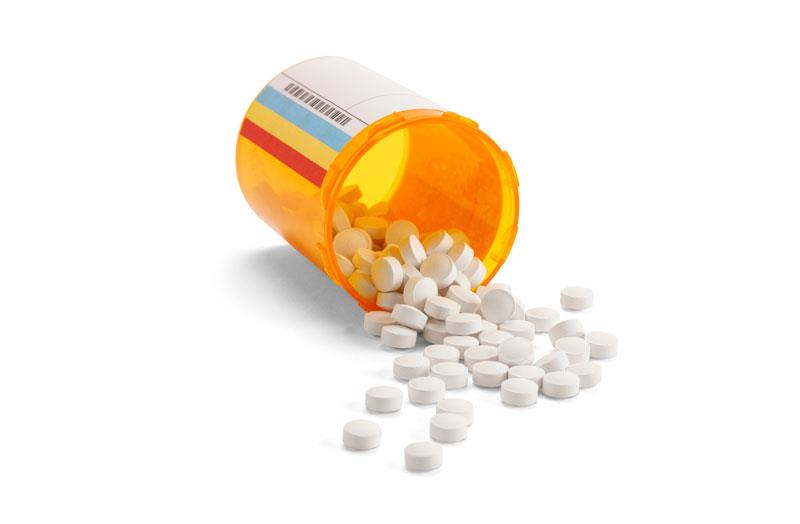
Use of metformin is effective in preventing hyperglycaemia in nondiabetic cancer patients exposed to high-dose prednisone-based chemotherapy, results of a randomized study have shown.
Twenty-four nonhyperglycaemia haematological cancer patients on current or newly initiated high-dose prednisone-based chemotherapy were included in this prospective, randomized controlled trial conducted at the Kenyatta National Hospital Oncology Clinic and Wards in Nairobi, Kenya.
Patients were randomly assigned to receive metformin 850 mg once then 850 mg twice daily for two successive weeks each or standard care (control group). They were subjected to once weekly fasting and 2-hour postprandial glucose measurements for 4 weeks.
Only 18 patients completed the study (seven treatment and 11 control). Among control patients, 72.7 percent (95 percent confidence interval [CI], 45.5–90.9) developed prediabetes using fasting glucose and 54.5 percent (95 percent CI, 27.3–81.8) using 2-hour postprandial glucose. One patient (14.3 percent, 95 percent CI, 0–42.9) in the treatment group developed prediabetes using fasting glucose. No prediabetes was found using the 2-hour postprandial glucose.
No significant between-group difference was seen in the analysis of mean fasting glucose, but significant differences were noted in mean 2-hour postprandial glucose in week 2 (p=0.0144), week 3 (p=0.0095), and week 4 (p=0.0074) of the study.
Of note, double-dose metformin (1,700 mg) appeared to be more effective than single dose (850 mg; fasting: p=1.0000; 2-hour postprandial: p=0.4531) in lowering blood glucose.
“Research has established the development of steroid-induced hyperglycaemia as a glucometabolic side effect of high-dose prednisone therapy,” the investigators said. “Few studies, however, have demonstrated preventative measures that could effectively curtail this side effect in susceptible patients undergoing high-dose prednisone treatment.”